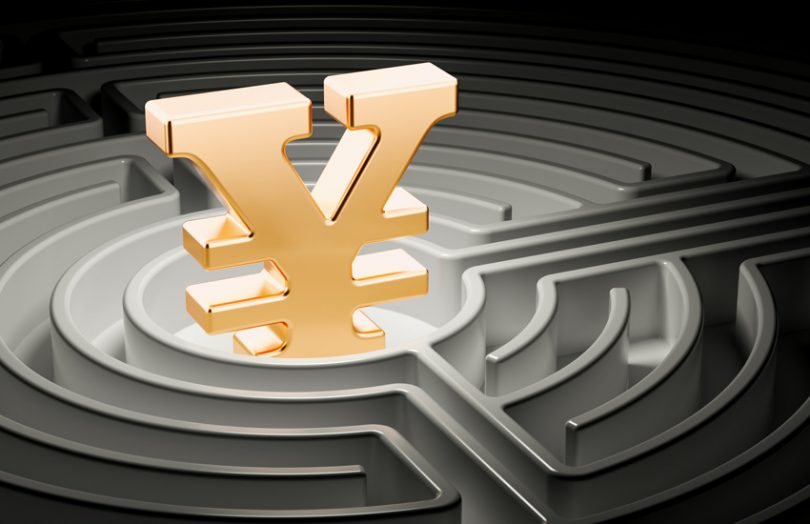Yesterday it was announced that UnionPay, China’s answer to Visa and Mastercard, will be working on China’s central bank digital currency (CBDC) trials. A deal was struck between the Digital Currency Research Institute, part of the People’s Bank of China, and UnionPay Business, which operates the merchant services aspect for retailers. The report is reliable as it comes from state newswires.
Together the organizations will work on pilot tests in online and offline payment scenarios and expand the digital yuan ecosystem. The announcement states that it will use existing UnionPay business scenarios and combine them with the digital renminbi and wallet ecosystem.
Potentially this could mark an acceleration in the digital currency trials. To date, tests involved signing up retailers to accept the digital yuan.
For example, the latest trial in Suzhou involves 10,000 designated bricks and mortar stores. If instead stores use existing card infrastructure, it could accelerate adoption dramatically and considerably reduce the friction involved in adoption. That’s important because the digital currency will be legal tender, and hence it should be simple to adopt.
The downside is that by adding another middleman, you add another layer of cost, and one of the benefits of digital currency is saving money. That’s unless the central bank chooses to bear that cost.
Another potential advantage for the central bank is regulatory supervision. Since 2018, WeChat Pay and AliPay have been required to process barcode payments linked to bank accounts via UnionPay’s platform. The purpose was to provide the central bank with better oversight. Hence that oversight mechanism could be used for digital currency as well.
Also, the latest eCNY trials involve six banks, whereas UnionPay has relationships with most banks. Is there a possibility that UnionPay could somehow act as a hub for smaller banks reducing the central bank systems’ workload? The big commercial banks can convert central bank money into digital currency. Our simplistic thinking is if UnionPay is allowed to convert bank money into digital currency, then perhaps it can do that on behalf of numerous banks.
We’re less confident about this latter point, but certainly, there’s a significant advantage in working with UnionPay for integrating with retailers.
In other news, Hong Kong is progressing cross border work on the digital yuan.






